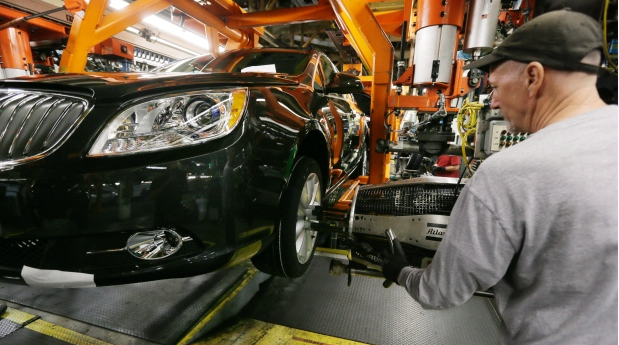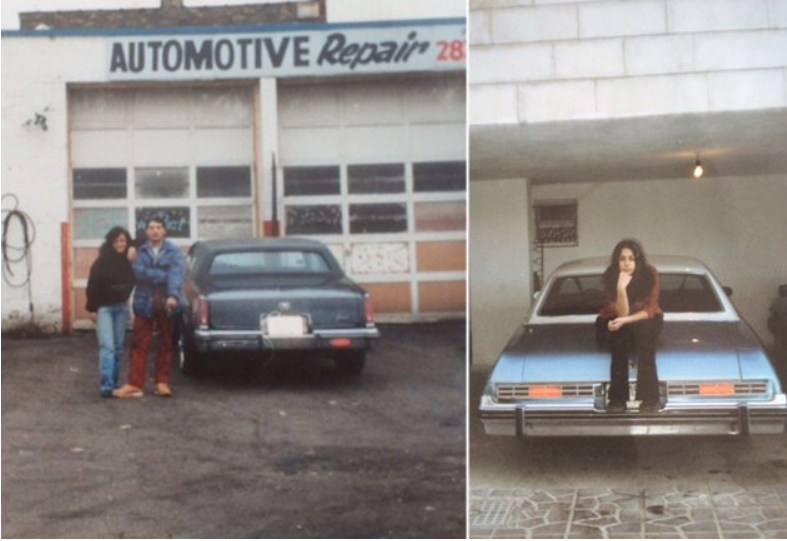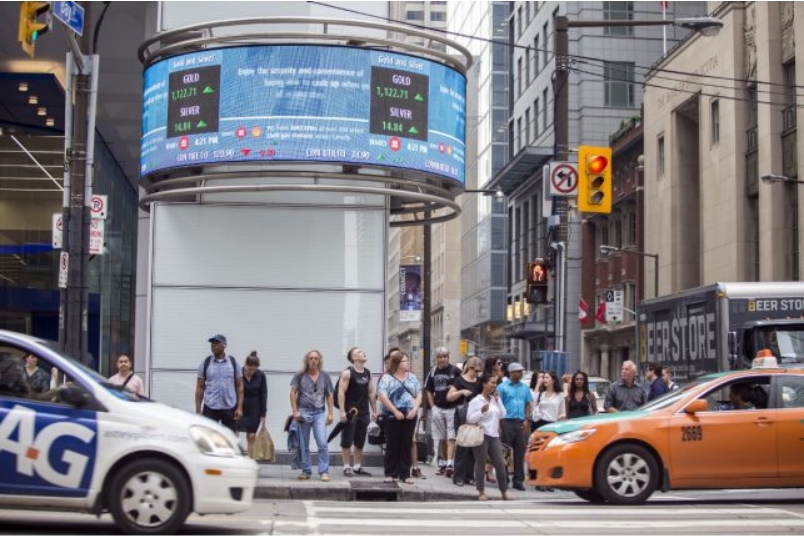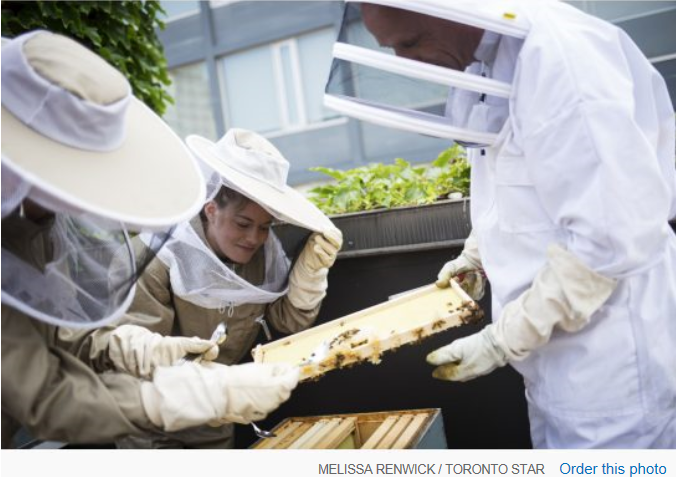As the auto parts sector awaits the appointment of a new trade minister, the industry is split over the Trans-Pacific Partnership, the trade deal that Canada signed and will soon have to ratify.
Although the TPP, agreed to in principle on Oct. 5, mandates that tariffs on autos and auto parts be reduced to zero in all 12 member countries, the pace at which the tariffs are removed was negotiated separately.
Where does the new Liberal government stand on auto?
Trans-Pacific Partnership: Officials claim it’s a win for auto sector
Bad deal for some parts makers
The full terms of the TPP have not been released, but it’s known that the amount of content made in a TPP country needed for a vehicle to be imported tariff-free has been lowered to 45 per cent.
That means automakers can put parts made in low-cost jurisdictions that are not part of the TPP, such as Thailand and China, into a vehicle and still import it tariff-free to Canada.
For parts makers, the effect of the TPP varies depending on the kind of parts they make.
Higher-end parts, such transmissions and engines, enjoy a higher rate of protection, with at least 45 per cent content, but with other parts, it’s 40 per cent or 35 per cent.
With the details of the trade deal still under wraps, company executives are waiting to see which of their parts will face more intense competition, Volpe said.
What’s Canada’s auto policy?
John Holmes, a Queen’s University professor who studies the auto sector for the Automotive Policy Research Centre in Hamilton, believes Canada’s auto sector will take a big hit from the TPP.
“I do think a segment of the auto parts industry in Canada will come under a lot of competitive pressure and probably not survive,” he told CBC News.
“A handful of Canadian-owned manufacturers will benefit, but not necessarily the ones who employ people in Canada, in Ontario,” he said.
Holmes, who advocates for creation of an automotive policy geared to keeping jobs in Canada, said the deal raises fresh questions about what Canada’s auto policy should be.
“Do you support Canadian companies as they do business overseas or do you support jobs in Canada?” he said.
On Thursday, DesRosiers Automotive Consultants reported that Canada’s share of North American light vehicle manufacturing had shrunk to 12.6 per cent in the first three quarters of the year, from 17 per cent in 2007. Meanwhile, Mexico’s share has grown to 19.5 per cent.
Holmes dismissed a promise of $1 billion over 10 years to attract auto investment made by the previous Conservative government, saying it was nothing on the scale of the incentives auto assemblers are attracting now to relocate to Alabama or Tennessee.
Read the full post in CBC News Business










